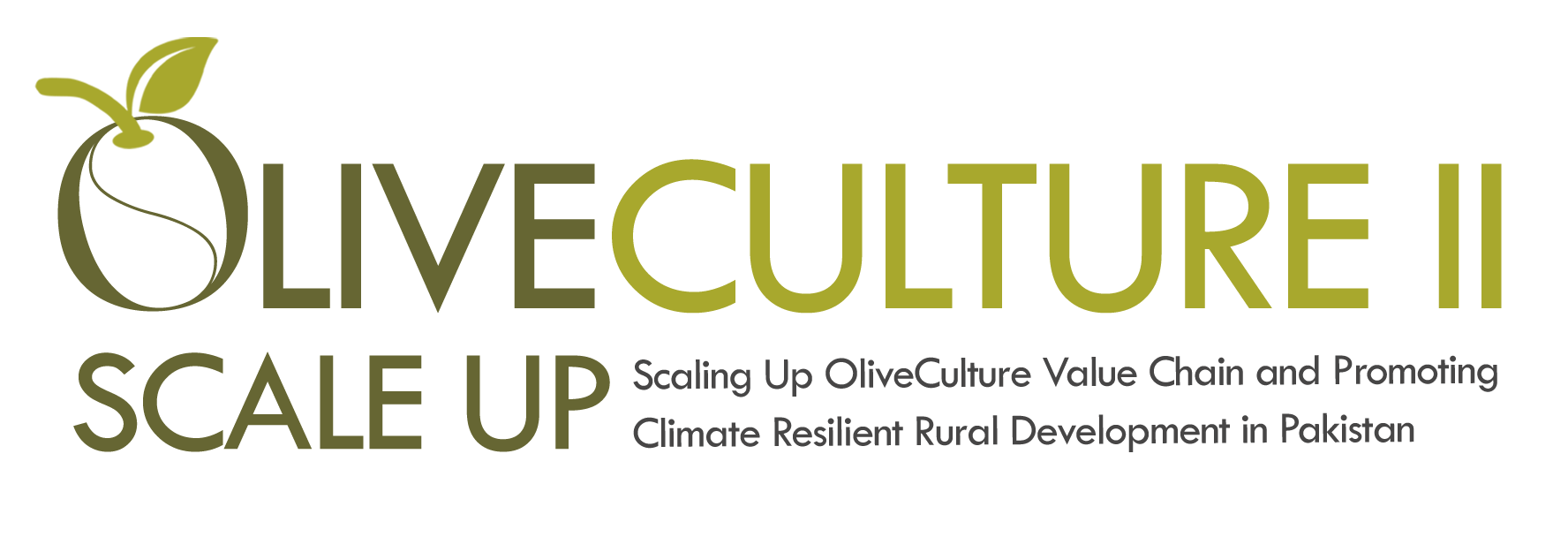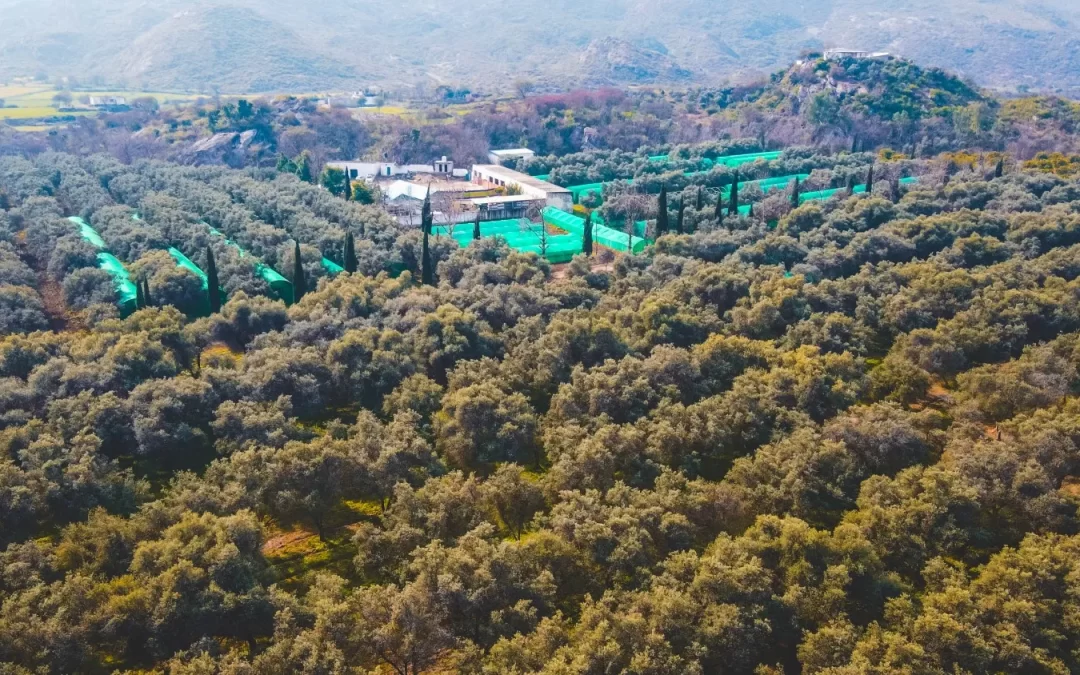The olive oil industry in Pakistan has gained significant attention in recent years due to its potential to contribute to the country’s economy. With a suitable climate and fertile soil in regions like Khyber Pakhtunkhwa, Balochistan, and Punjab, Pakistan is witnessing a rise in olive farms and the involvement of women in the olive oil production process. This article explores the growth, potential, and benefits of the olive oil industry in Pakistan, shedding light on its impact on the economy and on the overall development of the country.
In recent years, Pakistan has witnessed a surge in olive cultivation, especially in the provinces of regions of Balochistan, Khyber Pakhtunkhwa, and Punjab, driven by governmental support and the efforts of organizations like the OliveCulture Project. The establishment of new olive orchards and the rejuvenation of existing ones have contributed to increased olive oil production. This growth has provided economic opportunities for farmers and strengthened the agricultural sector in the country.
Economic Impact:
The olive oil industry holds great economic potential for Pakistan. The production and trading of the olive oil and table olive can generate substantial revenue, reduce reliance on imports, even exports and enhance the country’s trade balance. By tapping into the global market, Pakistan can establish itself as a competitive player in the olive oil industry, attracting foreign investments and fostering economic growth.
Employment Opportunities:
The olive oil industry has the potential to create a range of employment opportunities across the value chain. From farming and harvesting to processing and packaging, each stage requires skilled workers and to this end Youth are being trained by the OliveCulture Project. Additionally, the industry’s expansion can lead to the establishment of ancillary businesses such as olive nurseries, equipment suppliers, and olive oil testing laboratories, further boosting job creation and economic development.
Health Benefits and Nutritional Value:
Olive oil is widely recognized for its numerous health benefits and nutritional value. Rich in monounsaturated fats and antioxidants, it promotes heart health, lowers cholesterol levels, and helps in maintaining a healthy weight. With increasing health consciousness among consumers, the demand for olive oil is on the rise. Pakistan’s domestic market can benefit from this growing demand by providing high-quality, locally-produced olive oil.
Sustainable Agriculture and Environmental Resilience:
OliveCulture Project is committed to promoting sustainable agriculture practices and environmental stewardship. Olive trees are well-suited to Pakistan’s arid and semi-arid regions, requiring less water compared to other crops. This conservation of water resources and the adoption of eco-friendly agricultural practices contribute to environmental resilience and sustainable land management. OliveCulture Project actively encourages farmers to embrace organic farming methods and supports the certification of olive products, enhancing their marketability and value.
Women’s Empowerment:
The olive oil industry has opened avenues for women’s empowerment, particularly in rural areas. Women will be actively involved in various stages of the olive oil production process, including olive cultivation, harvesting, processing, and marketing. Through training programs and capacity-building initiatives, the OliveCulture Project is playing a vital role in equipping women with the necessary skills and knowledge to actively participate in the olive value chain. This will not only enhance their economic independence but will also empower them to contribute to their households and communities.
The olive oil industry in Pakistan not only holds immense economic potential but also serves as a catalyst for sustainable agriculture and environmental resilience, dietary benefits, and youth and women’s empowerment. Through the efforts of initiatives like the OliveCulture Project, the industry will be progressively engaged in the olive sector, developing Pakistan as a notable player in the global olive oil market.

